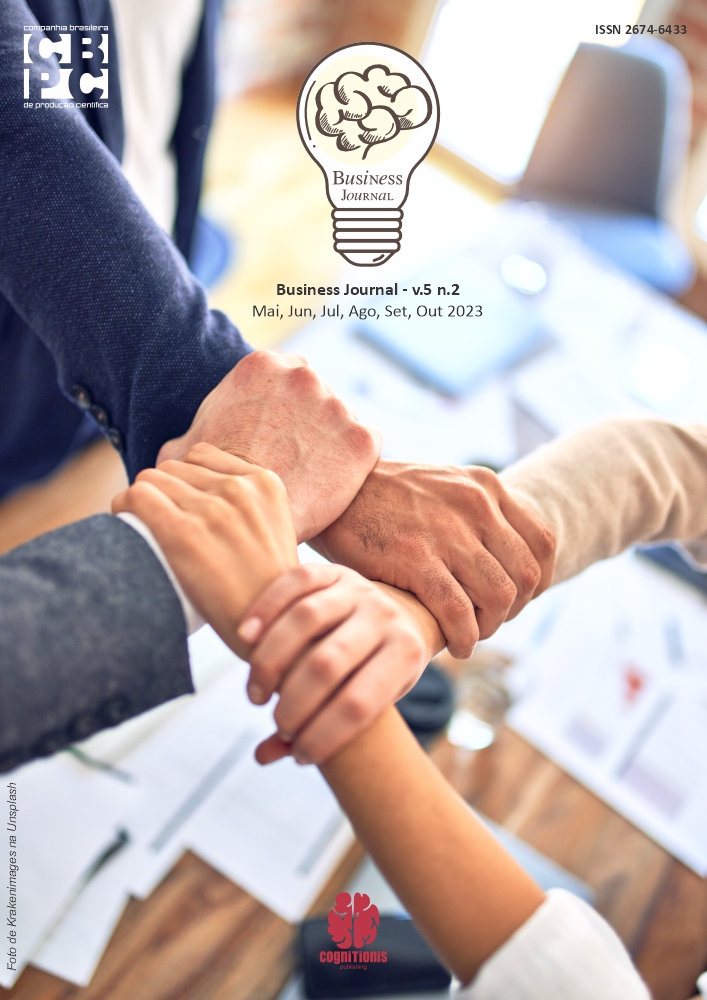Estimação da frequência de utilização de serviços de saúde durante a pandemia utilizando machine learning
Estimating the frequency of use of health services during the pandemic using machine learning
DOI:
https://doi.org/10.6008/CBPC2179-684X.2022.003.0013Keywords:
COVID-19, Health, Regression, Machine LearningAbstract
Data mining has been a highly widespread tool since the emergence of computing, performing the collection, filtering, processing, analysis and obtaining relevant information in complex databases. Within the range of data mining applications, machine learning stands out, that is, algorithms designed in machines so that they "learn" to work with different data effectively. Machine learning techniques have been widely used for the analysis of databases of different natures, with special emphasis on those generated with data collected from the advent of the new coronavirus pandemic. In this article, three techniques were used to estimate the number of visits to health services in countries across the Americas, and later comparing each of them with Brazil. The three techniques used were random forest algorithms, neural networks and k-nearest neighbors (KNN). From the application of the three algorithms, the mean absolute error, the mean square error, and the root mean square error were then analyzed for comparison purposes. Based on the results obtained, it was observed that the country that had the most distinct population from the Brazilian population in the subject studied is the United States of America, while the two most similar countries are Uruguay and Honduras.
Downloads
Downloads
Published
Issue
Section
License
Copyright (c) 2022 Brazilian Journal of Scientific Administration

This work is licensed under a Creative Commons Attribution-NonCommercial-NoDerivatives 4.0 International License.
The CBPC - Companhia Brasileira de Produção Científica (Brazil CNPJ: 11.221.422/0001-03) the material rights of the published works. The rights relate to the publication of the work anywhere in the world, including rights to renewals, expansions and dissemination of the contribution, as well as other subsidiary rights. All electronically published works may subsequently be published in printed collections under the coordination of this company and / or its partners. The authors preserve the copyright, but are not allowed to publish the contribution in another medium, printed or digital, in Portuguese or in translation.









